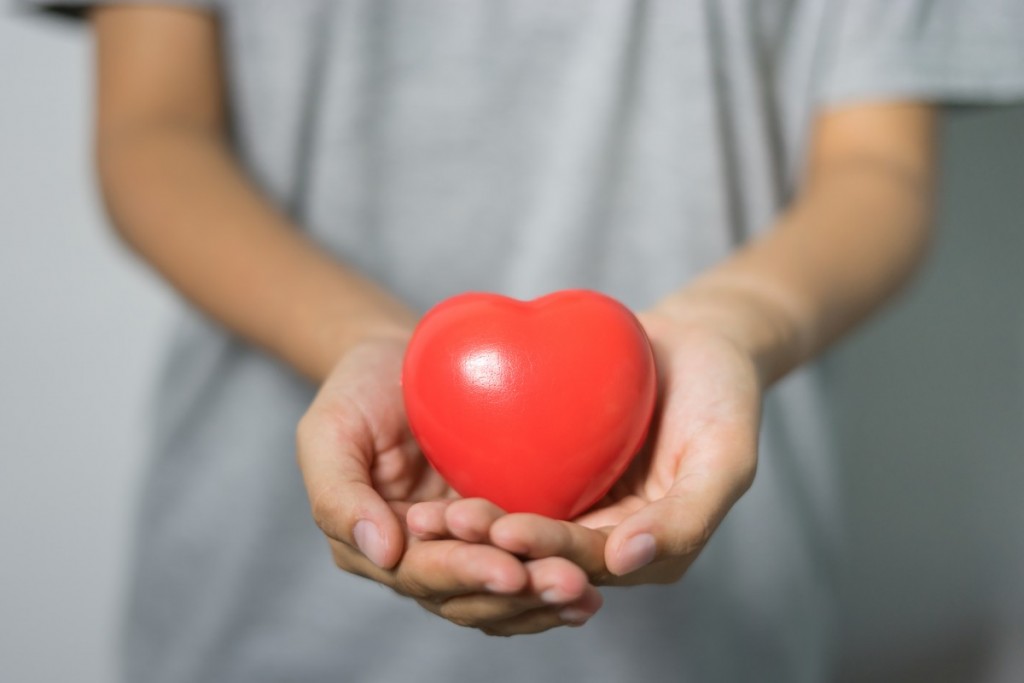What does a heart attack feel like? Movies and TV shows have helped promote the heart attack stereotype of a man in his 60s suddenly grabbing his chest as he is overcome with intense chest pain. There certainly is some truth to the stereotype, as heart attacks occur more frequently in men, and chest pain is the most common heart attack symptom, especially among men. But heart attacks and heart disease pose a serious threat to women as well.
The leading cause of death worldwide for men and women is heart disease, which includes high blood pressure, atherosclerosis, heart attack and other conditions involving a reduction or blockage of blood and oxygen flowing to the heart that results from narrowing of the arteries.
Urgent response
A heart attack (or myocardial infarction) occurs when oxygen-rich blood encounters a sudden, severe blockage that prevents it from reaching the heart. Most heart attacks aren’t fatal, but getting urgent medical help is critical to limit the potential damage inflicted on the heart. Almost all of the damage to the heart muscle occurs within the first two hours following a heart attack, so the sooner you get to a hospital the better your chances for a full recovery with little or no permanent damage to the heart.
Men have a higher heart attack risk and suffer heart attacks at a younger age compared to women, but statistically women are less likely to survive heart attacks. In fact, many more women are killed by heart attacks than breast cancer.
Men’s symptoms
Men and women experience heart attacks in different ways. The most common heart attack symptoms for men include intense chest pain, pressure and a squeezing sensation; pain radiating to the arms, left shoulder, back or stomach; jaw and neck pain; shortness of breath; feeling dizzy, nauseous or faint; profuse sweating; and a rapid or abnormal heartbeat.
Women’s symptoms
Heart attack warning signs and symptoms for a woman can be much more subtle and less typical, to the point where many women mistake their symptoms for less-serious conditions such as the flu, acid reflux or a hormone imbalance — and decide not to seek medical help.
As with men, women can experience chest pain, discomfort or pressure during a heart attack. But the symptoms tend to be less severe for some women, and women’s other symptoms may be more prominent than chest pain and pressure. As borne out by statistics, women are more likely than men to suffer a heart attack without having any chest pain, and women tend to experience more symptoms that don’t involve chest pain or pressure, including:
- pain or discomfort in the shoulders and upper back
- pain in the neck, jaw or throat
- difficulty sleeping
- feeling dizzy or lightheaded
- shortness of breath
- sudden severe fatigue
- ongoing fatigue that lasts for several days
- pain felt in one or both arms
- nausea, sweating and/or vomiting
- abdominal discomfort, indigestion, gas pain
- severe anxiety and/or mental confusion
Studies of heart attacks in women have revealed a number of distinctive symptom characteristics. In one study, nearly 4 out of 5 women heart attack patients reported having one or more symptoms for at least one month prior to the actual onset of their heart attack. Difficulty sleeping was one of the most common “pre-attack” symptoms mentioned. That may help explain why women have a greater tendency to suffer heart attack when they are resting or when asleep.
Menopause and heart attacks
The onset of menopause typically occurs during a woman’s late-40s to early-50s, and it brings a number of important physical changes, including a decline in the level of the female hormone estrogen.
Women who haven’t yet reached menopause have a lower heart disease risk, as estrogen is believed to have heart-protecting properties. But along with the aging process, the decline in estrogen during menopause contributes to an increased heart disease risk as well as a lower heart attack survival rate among post-menopausal women.
Changing heart attack symptoms
Declining estrogen levels also can impact the nature of heart attack symptoms in post-menopausal women, who become more likely to experience the types of symptoms more common in men, including:
- severe chest pain
- pain in the stomach or back
- pain or discomfort affecting one or both arms
- pain in the neck or jaw
- rapid and/or irregular heartbeat
- heavy sweating
The greater heart attack risk that comes with age and menopause makes it all the more important for women to pay close attention to their health and follow their doctor’s recommendations for periodic health check-ups and screenings.





